The eligibility criteria for pursuing a Post Graduate Diploma in Rural Development course is:
Eligibility Criteria: PGD in Rural Development Course
The eligibility criteria for a Postgraduate Diploma (PGD) in Rural Development program can vary slightly from one institution to another, but there are common prerequisites that most institutions require. PGD in Rural Development is a specialized program that equips students with the knowledge and skills necessary to address the unique challenges of rural areas. Below are the typical eligibility criteria for this program:
Educational Qualifications:
- Candidates are generally required to have completed a bachelor's degree from a recognized university or institution. The bachelor's degree should be in a relevant field, such as agriculture, rural development, social sciences, economics, or related disciplines.
- Some institutions may have specific GPA (Grade Point Average) requirements that applicants must meet to be eligible for the PGD program.
Work Experience (Optional):
- While work experience is not always mandatory, some institutions may prefer or require candidates to have prior experience in fields related to rural development. This experience can be an advantage during the admission process.
Language Proficiency:
- Proficiency in the language of instruction is often necessary. In most cases, the medium of instruction for PGD in Rural Development programs is English. Applicants whose native language is not English may be required to demonstrate their English language proficiency through standardized tests such as TOEFL or IELTS.
Statement of Purpose (SOP):
- Many institutions request applicants to submit a Statement of Purpose (SOP) as part of the application. The SOP is a written essay in which candidates explain their motivations for pursuing the PGD in Rural Development, their career goals, and how the program aligns with their aspirations.
Letters of Recommendation:
- Some institutions may require letters of recommendation from professors, employers, or other individuals who can attest to the applicant's academic or professional abilities and potential.
Entrance Exam (Varies):
- Depending on the institution, candidates may need to appear for an entrance examination. The purpose of these exams is to assess the candidate's knowledge, aptitude, and readiness for the program.
- Entrance exams may cover subjects related to rural development, general aptitude, and analytical skills.
Age Limit (Varies):
- Some institutions may have specific age limits for admission to the PGD program, while others do not. It's important to check the age criteria of the institution you are interested in.
Reservation Quotas (If Applicable):
- Institutions may have reservation quotas for candidates from economically disadvantaged backgrounds, scheduled castes (SC), scheduled tribes (ST), and other categories as per government regulations.
Application Process:
- Candidates must complete and submit the application form for the specific institution they are interested in. Application forms are typically available on the institution's website or at their admission office.
Counseling and Interview (Varies):
- Some institutions may conduct counseling sessions or interviews as part of the admission process. During these interactions, candidates may be assessed on their academic background, career aspirations, and suitability for the program.
Fee Structure: PGD in Rural Development course
PGD in Rural Development
fees in India is around INR 5,000-1,60,000 PA. The fees may vary according to the college or
university based on the type of institute, Institute ranking, location,
infrastructure, faculties, and facilities available. PGD in Rural Development
fee structures of some colleges are listed below:
 1 Years
1 Years
 Post Graduate
Post Graduate
 Management
Management
 Full Time
Full Time
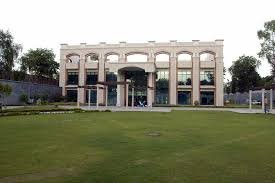
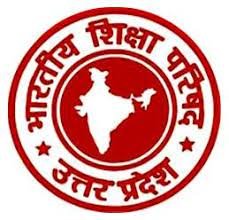
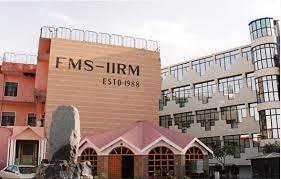
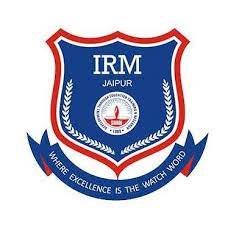
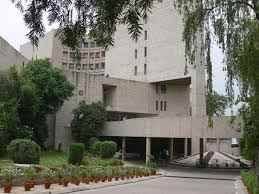
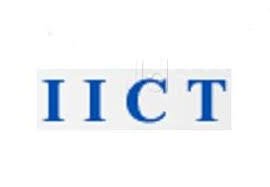
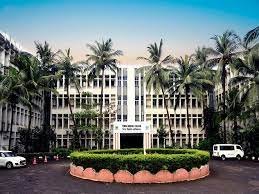

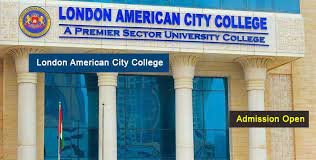
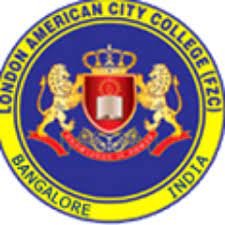
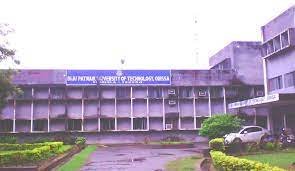

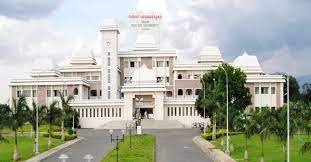

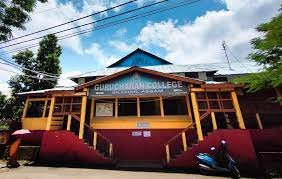




 back
back